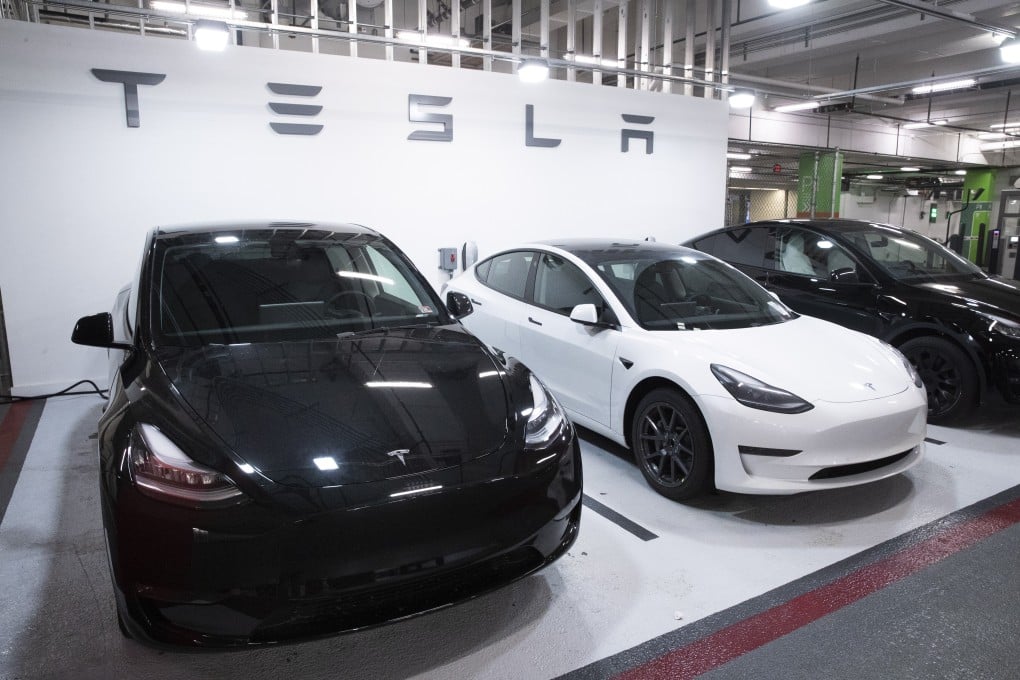Explainer | As Tesla, NIO, Xpeng and BYD battle for dominance in China, which electric car maker has the slickest fundraising machine?
- Xpeng and NIO have been the most active Chinese electric car companies in equity and debt capital markets since the stock rally started
- The top 5 most prolific EV fundraisers have amassed about US$21 billion of fresh capital since January 2020

Electric car companies’ dash for cash will continue through the Year of the Ox as the capital-intensive industry ploughs billions of dollars into new models and builds infrastructure across the world’s largest car market, China.
All of them need well-oiled fundraising machines to source capital for developing cars with longer driving ranges per charge while maintaining spotless safety records. Companies will also have to spend heavily on rolling out charging stations and marketing their models to China’s 1.4 billion consumers.
2020 was a golden opportunity for EV companies to fill their coffers as their share prices surged. We calculate which company was most nimble in reacting to the sector’s changing fortunes since January 2020 by capitalising most on investors’ desire to participate in the industry’s growth.
To be sure, companies can tap into a wide variety of the sources of capital, including internal resources, government funds as well as external investors. Start-ups are competing against state-owned behemoths that do not need to tap capital markets.
Governments are lending their support to the EV industry in the form of subsidies in a bid to cut pollution from exhaust pipes. Beijing wants one in every five new cars hitting the country’s roads to be either purely electric, hybrid or fuel-cell powered by 2025, which could amount to 4 million units. EV makers such as WM Motor and Xpeng have won backing from government and state-owned enterprises to expand production.
